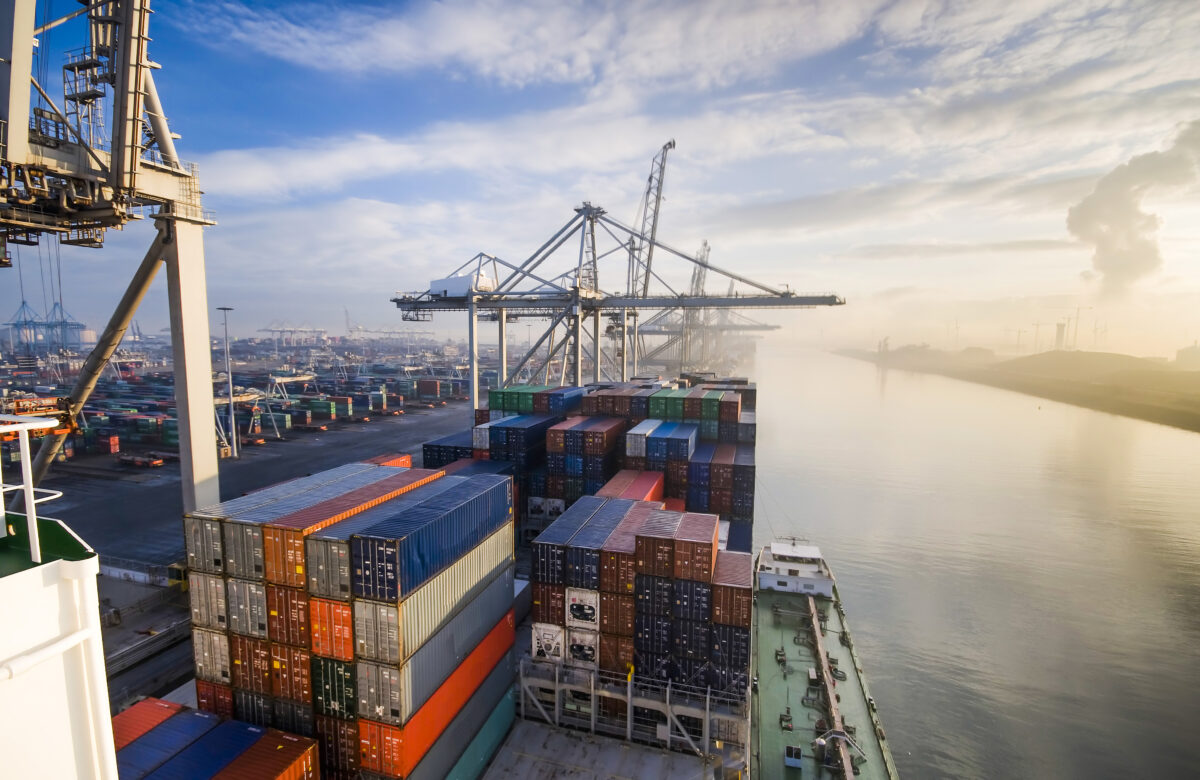When importing goods from third countries, a third country customs duty is regularly levied when the goods are released for free circulation in the European Union.
The concrete amount of the duty to be paid then depends on the customs tariff number of the imported goods. Depending on which goods you import into the Union as an entrepreneur, you may face a correspondingly high additional burden. Therefore, only any company can be recommended to obtain information on the customs duties applicable in third countries before importing goods from third countries. We would therefore like to give you a brief overview of how to approach import correctly and what you should generally know about third-country customs duties.
What questions you should ask yourself before importing
Every company, regardless of its size, and every individual who imports goods into the European Union, is naturally faced with the question of what should be considered and observed before importing. The typical questions are certainly:
- Under what conditions can I import my goods into the European Union?
- What documents are required for import?
- How high are the import duties and how do they actually amount?
- Where do I have to complete the formalities?
In particular, the question of the concrete amount of the levies can be of outstanding importance for companies, because in some cases high customs duties can still be incurred and imports can suddenly become considerably more expensive than previously thought, especially with a large number of goods. The above mentioned questions will help you to keep track of the import of your goods, orient yourself to them.
The normal case is customs clearance
If you are transporting goods from one Member State of the European Union to another, you do not need to worry about any third-country customs duties. The European Union is a so-called customs union. A customs union is a single trading area in which all goods can move freely in principle. With the introduction of the customs union, customs duties between the Member States of the Union were abolished.
The introduction of customs unions is an exception to the normal case of customs duty. If there are no customs unions or other preferential arrangements, goods imported into the European Union are subject to mandatory customs clearance. The duty rate is also referred to as the “third country duty rate”. Third-country duties are ordinary import duties. In principle, they are initially incurred for all goods imported into the European Union from non-Union countries. Third-country customs duties are therefore part of the import duties (customs duties, import turnover tax and other excise duties) that you have to pay.
How to determine the level of third country duties
In most cases, the concrete amount of the third country customs duties to be paid by you when importing your goods is fixed long before they are imported and can be determined and taken into account by you before they are imported. Since the level of customs duties in third countries can vary considerably from one product to another, all entrepreneurs are well advised to inform themselves in advance about the level of customs duties.
The amount of customs duty you have to pay depends largely on the type of goods you wish to import into the European Union, because the amount depends on the goods tariff number under which your goods are classified in the customs tariff.
The easiest way to determine the third-country customs rate is to use the EZT-Online information application, which is provided to you by the German Customs Administration free of charge and without any legal obligation. Once you have determined the correct tariff number, you can simply enter it into the EZT. The customs rate is then stored there for your goods tariff number.
As you can see, the correct classification of your goods under customs tariff is, as always, the decisive factor for the correct import of goods into the European Union.
Customs unions and preferential rights
Exceptionally, however, you may not be required to pay third country duties on non-EU goods if the European Union has concluded agreements with third countries to grant tariff preferences and tariff advantages, or if the Union has granted other countries completely unilateral preferential treatment, for example in the case of ACP countries (African, Caribbean and Pacific countries).
Within the framework of such tariff preferences, it is then possible for goods to be imported duty-free at highly favourable third-country tariff rates or, in the constellation best suited to the importer, even at the import duty rate. This is often the case when goods have been fully produced or at least substantially processed in a given third country (origin preference). However, you should check this carefully on a case-by-case basis and also consider the special requirements for these customs reductions.
There are currently numerous preferential agreements between the European Union and third countries. For example, with Turkey, Switzerland, Ukraine, Albania, CAM Central America (Costa Rica, El Salvador, Guatemala, Honduras, Nicaragua, Panama) and the SADC EPA countries (Botswana, Lesotho, Mozambique, Namibia, South Africa, Swaziland), to name but a few of the preferential agreements. The various preferential agreements then differ once again in terms of their grants and content.
Importing goods properly into the Union
The proper import of your goods then requires the observance of some other things. A commercial invoice is required for customs clearance in the EU. This is the basis for customs clearance and duty calculation.
Furthermore, an electronic customs declaration via the IT procedure ATLAS (Automated Tariff and Local Customs Clearance System) must be submitted for clearance for free circulation under customs and tax law for goods worth € 1,000 or more. ATLAS enables the largely automated handling and monitoring of cross-border goods traffic. The aim of ATLAS is to make customs clearance easier and faster.
The transport documents, such as a consignment note, packing lists and transport cost invoices, are usually also requested within the scope of customs clearance.
You can then call up many of the import regulations that may apply to you again via the non-binding electronic customs tariff (via EZT-Online Application Information).
In order to grant a tariff preference, a proof of preference will normally also have to be submitted:
- a movement certificate EUR 1 or form A or an invoice declaration of origin or an origin declaration REX
- OTC certificate A.TR
Please also note that when certain goods are imported from third countries into the European Union, they may be subject to certain monitoring mechanisms in individual cases. In some cases, certificates of origin, declarations of origin, surveillance documents or even prior import authorisations are still required when the goods are imported.
In the case of imports of goods from the food sector, an import licence or an import control notification may be required for imports.
When semi-luxury goods are received (such as tobacco, alcohol, alcoholic goods and wine), excise duty is also payable on importation.
Transfer Import Processing?
You can also transfer the import processing for your imports to forwarding agents or special customs agencies, provided that these agencies in the supplier country are authorized to submit customs declarations and other applications for the import operation and process. Please note, however, that you will of course have to pay a fee for the services of these agencies, which will usually be based on the effort and the number of documents required. However, the problem with the transfer of import clearance is that compliance with customs obligations continues to affect you yourself as the importer of the goods and, in case of doubt, you will also be liable under criminal law and fine law for any infringements.
As you can see, there is a lot to consider when importing goods into the European Union.
We are at your disposal for any questions concerning the import of goods into the European Union.
Dieser Artikel wurde am 13. December 2018 erstellt. Er wurde am 02. January 2019 aktualisiert. Die fachliche Zweitprüfung hat Rechtsanwalt Dr. Tristan Wegner durchgeführt.

